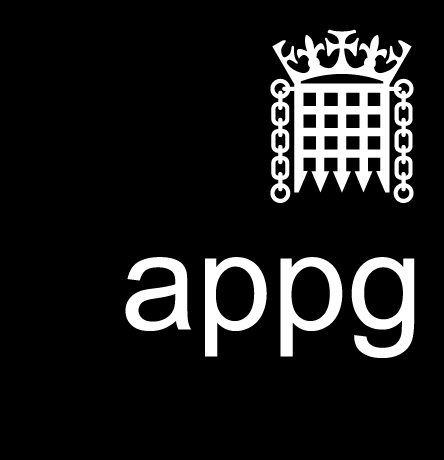The Department for Environment, Food and Rural Affairs has provided the following answer to a written parliamentary question submitted by our Co-Chair Andrew Griffith MP.
Question:
To ask the Secretary of State for Environment, Food and Rural Affairs, what steps his Department is taking to (a) strengthen protections against light pollution and (b) increase the number of Dark Sky reserves.
Tabled on: 14 September 2020
Answer from Rebecca Pow, Parliamentary Under-Secretary of State at the Department for Environment, Food and Rural Affairs:
The Government has put in place a range of measures to ensure that light pollution is effectively managed through controls in the planning system; the statutory nuisance regime, and when improvements are made to street lighting.
My department has worked with the Ministry for Housing, Communities and Local Government and Department for Transport to ensure that the National Planning Policy Framework policies include consideration of the impact of light pollution from artificial light on local amenity, intrinsically dark landscapes and nature conservation, including where there may be impacts on wildlife and eco-systems.
Defra’s 25 Year Environment Plan will also deliver benefits including promoting access to stargazing.
Across the UK's 15 National Parks there are a number of locations that have been awarded International Dark Sky Reserve or Dark Sky Discovery Site status. Defra has no formal role in the Dark Sky designation process as it is non-governmental and non-statutory. The Independent Review of Landscapes recommended, ‘A night under the stars in a national landscape for every child.’ The Government has welcomed the Review and will respond in due course. We are committed to increasing opportunities for people of all ages to enjoy the benefits of spending meaningful time in our national landscapes in England.
The answer was submitted on 22 Sep 2020 at 11:15.

